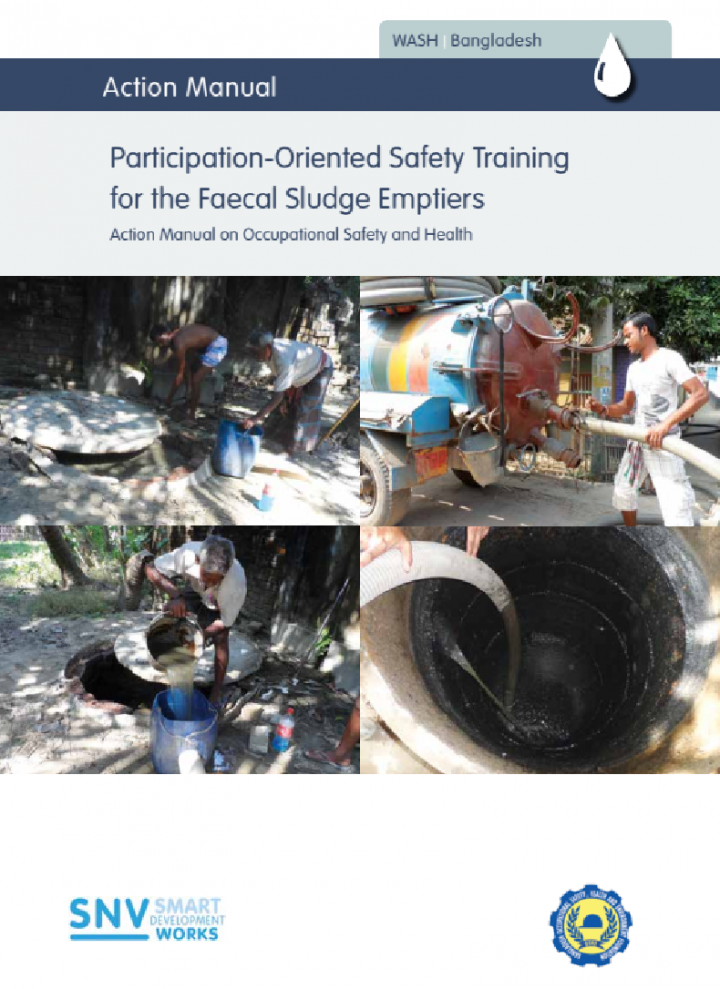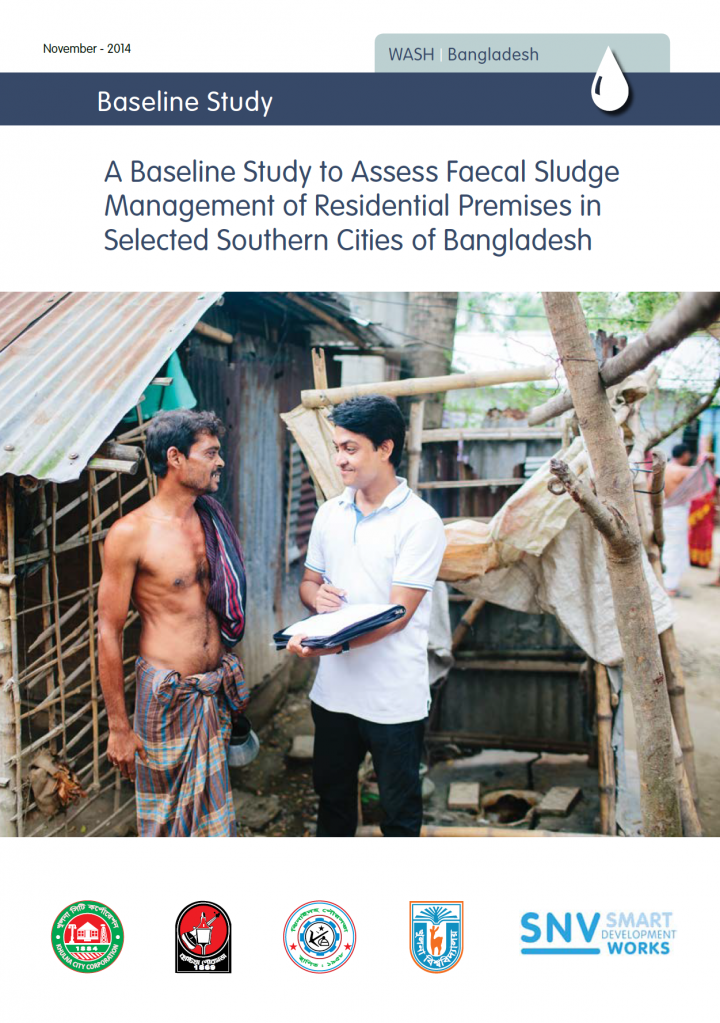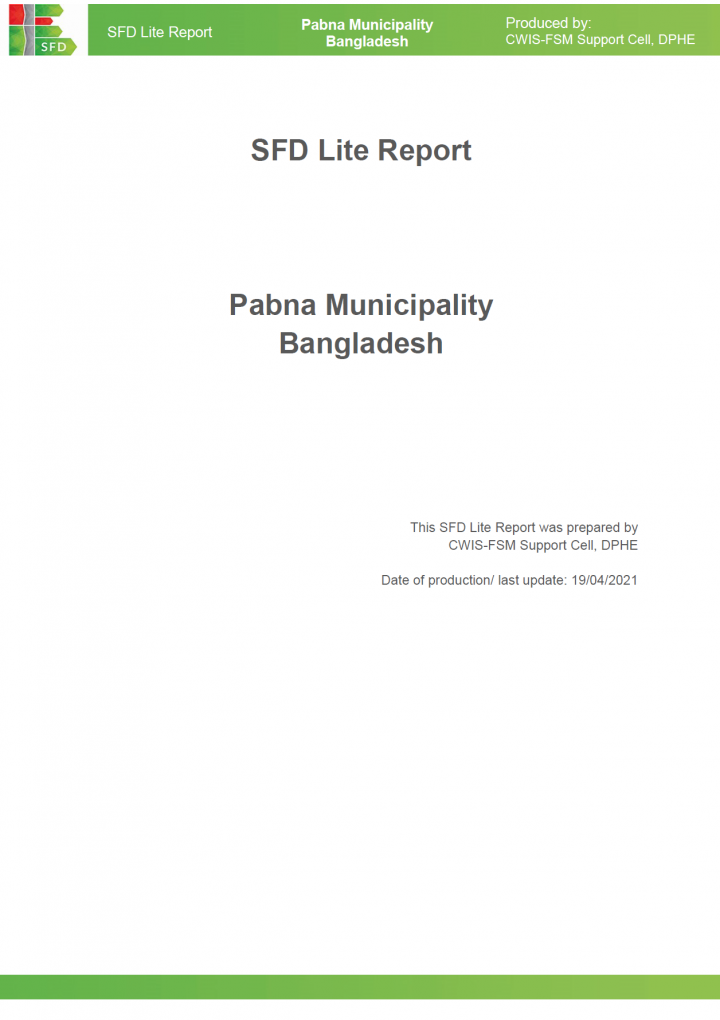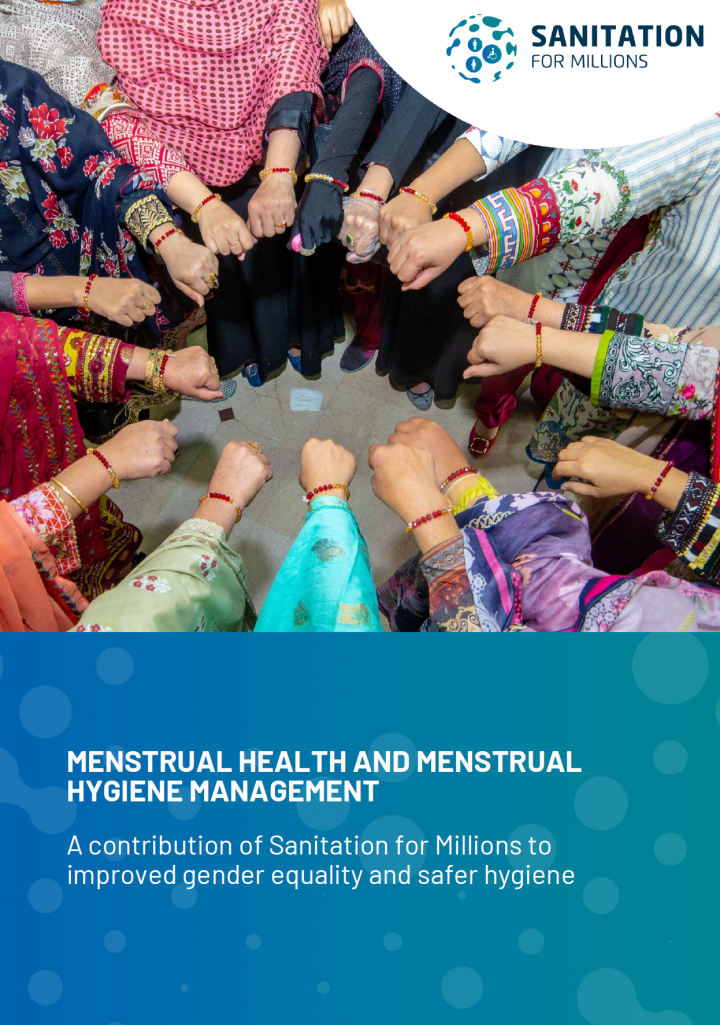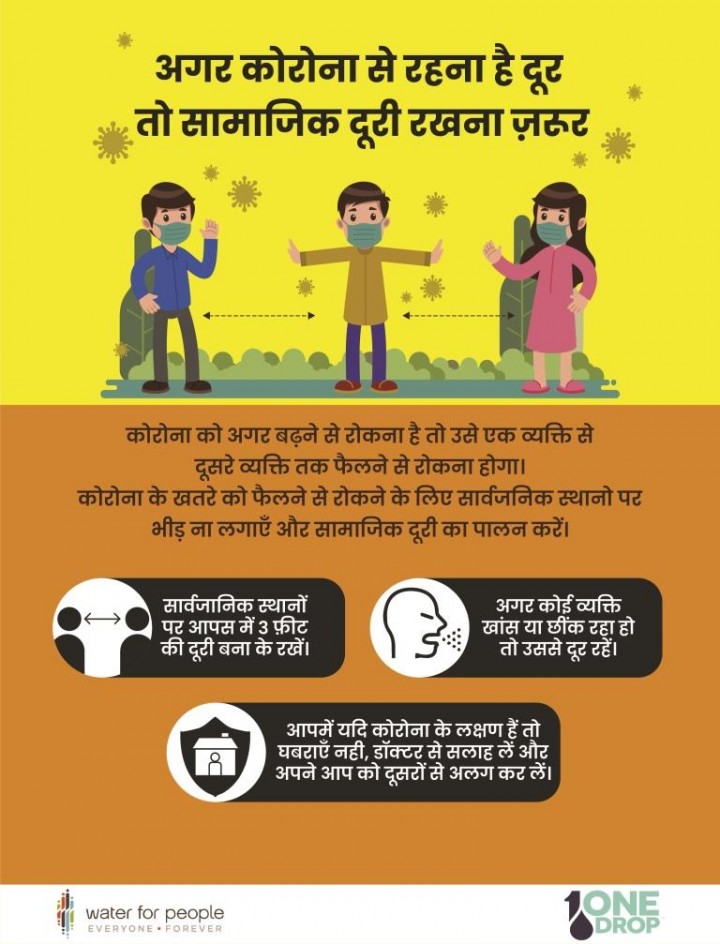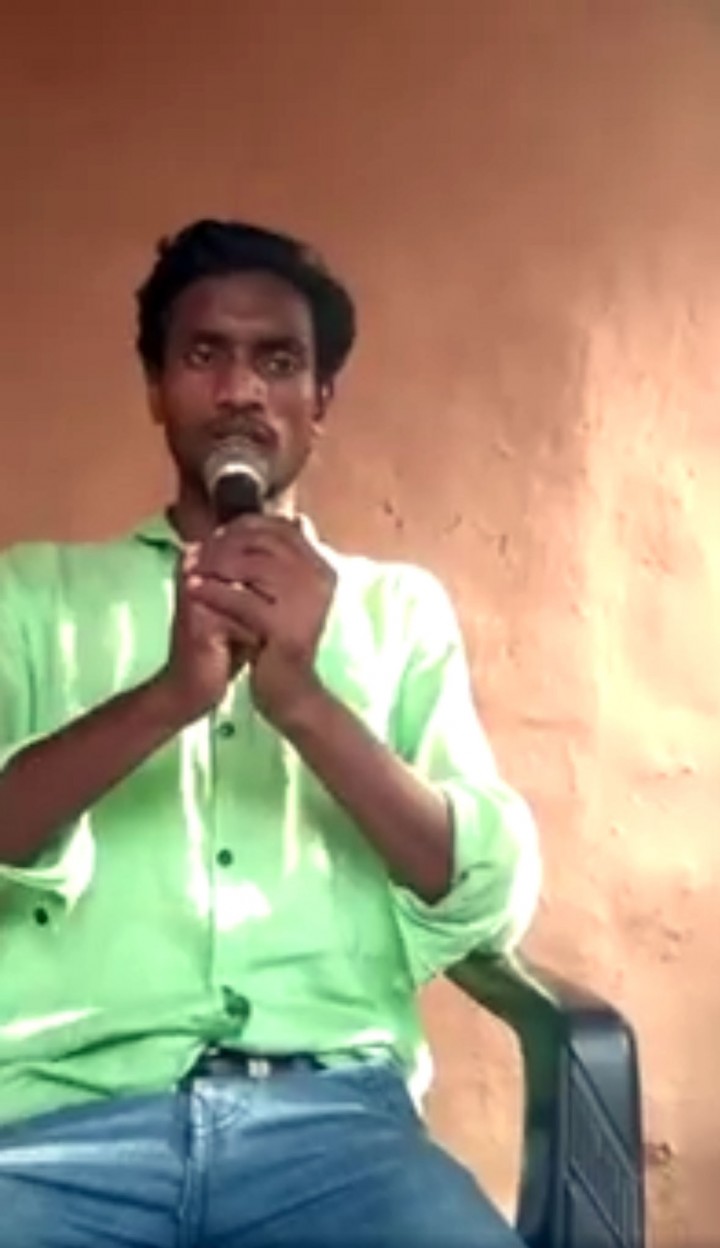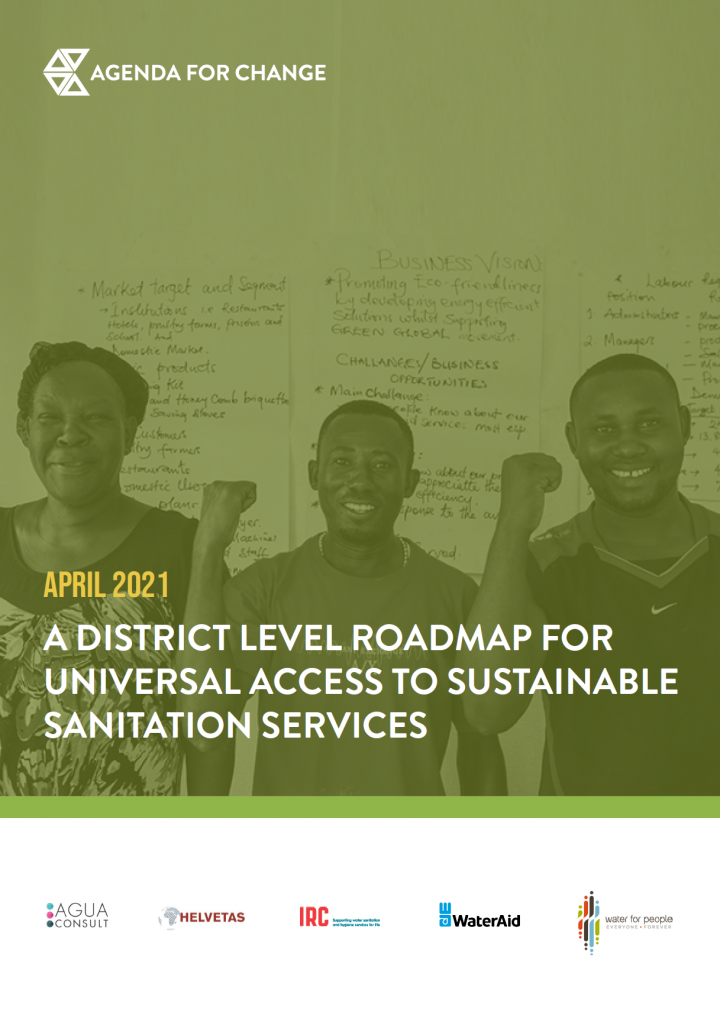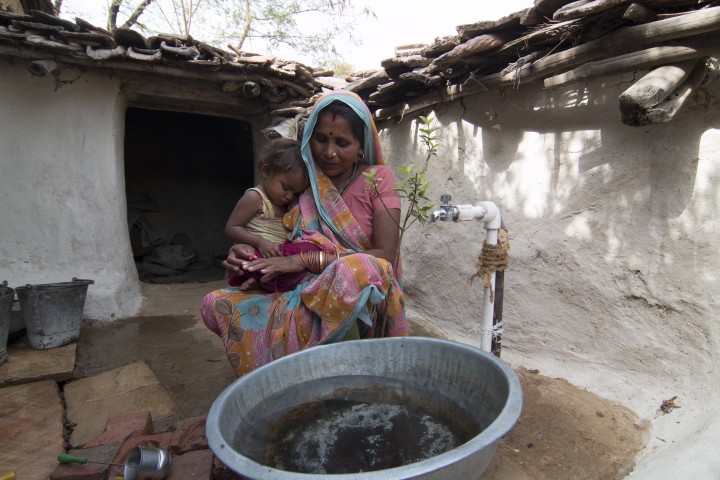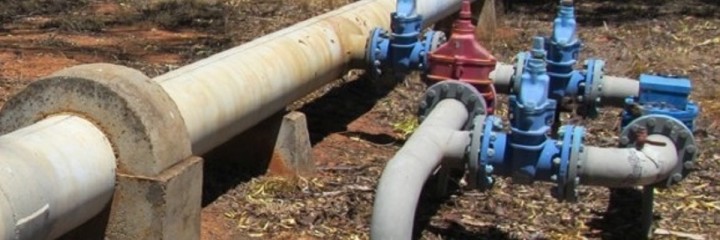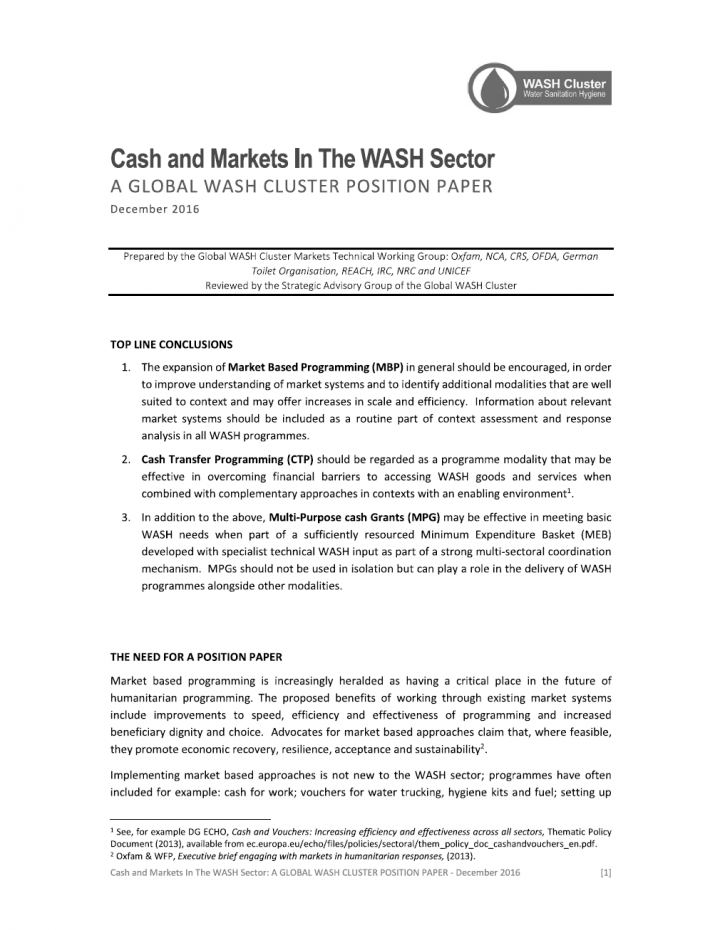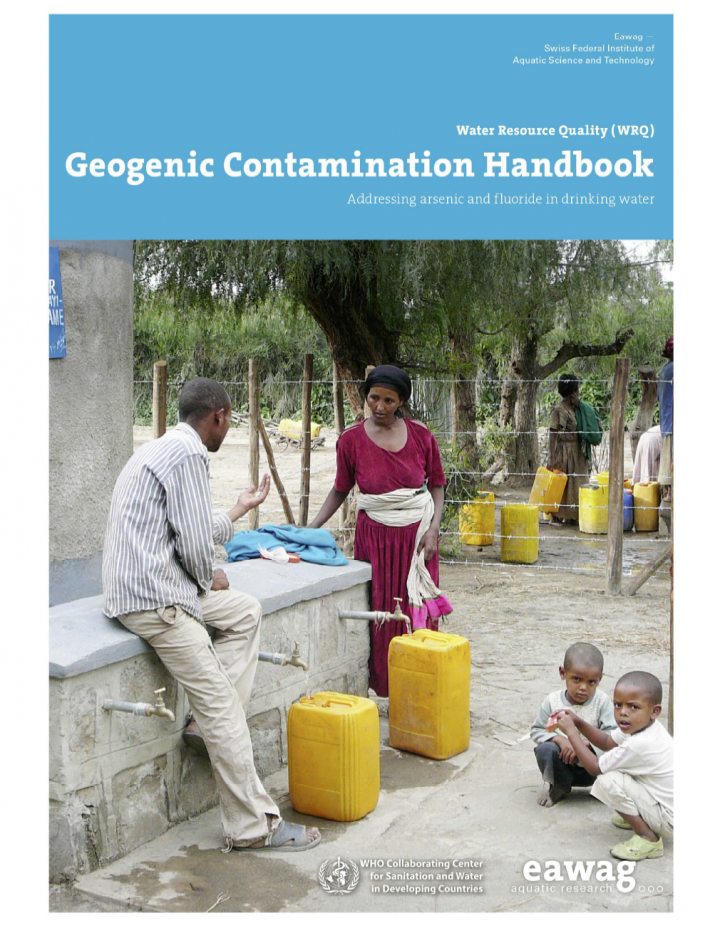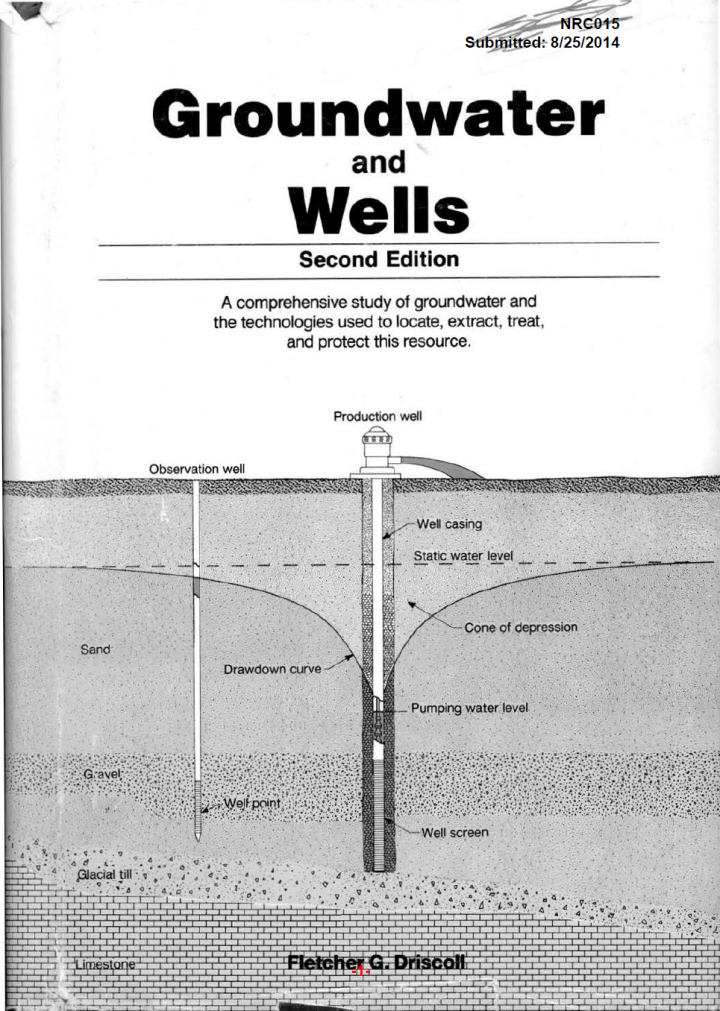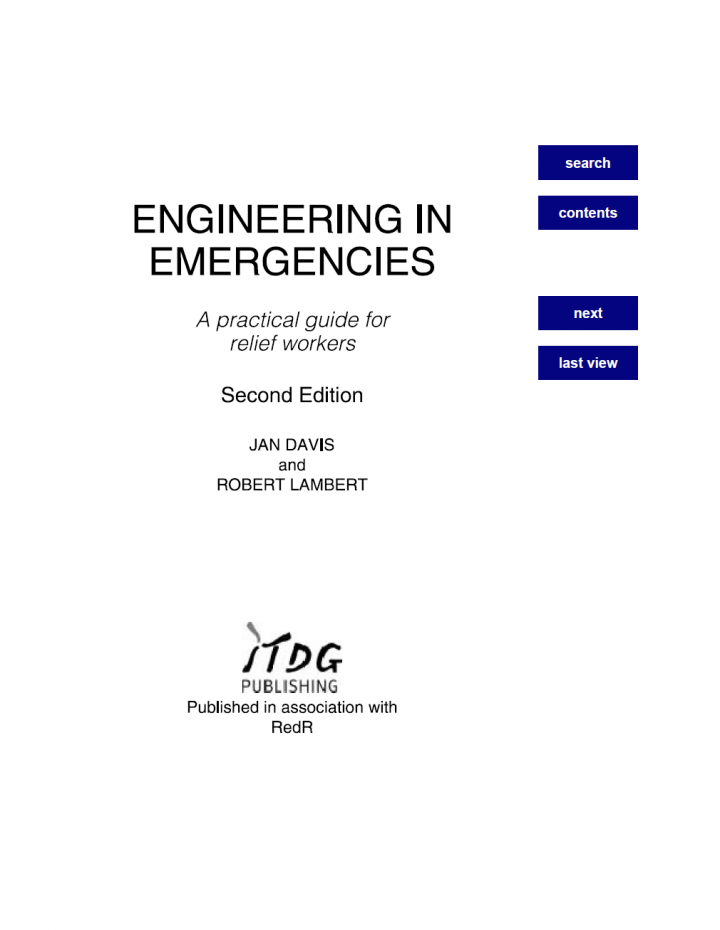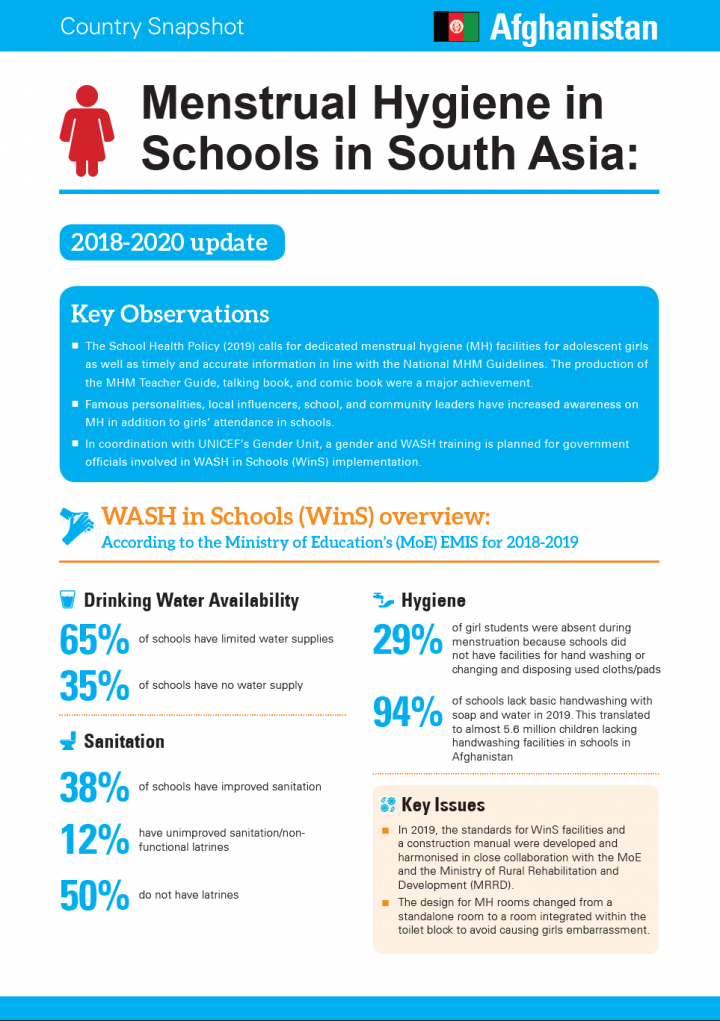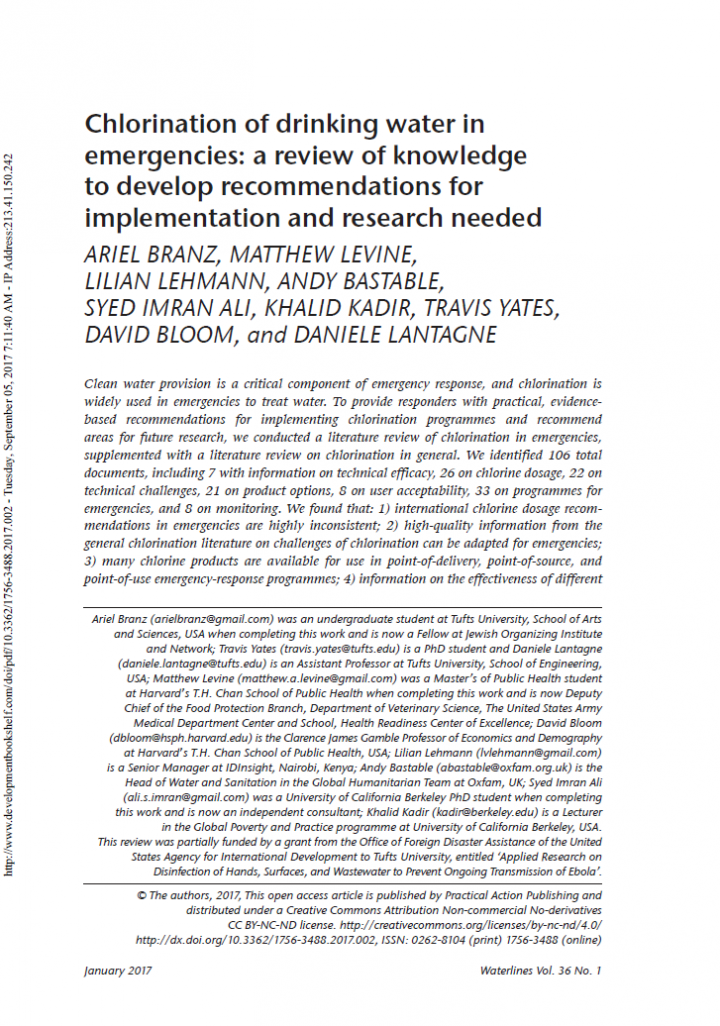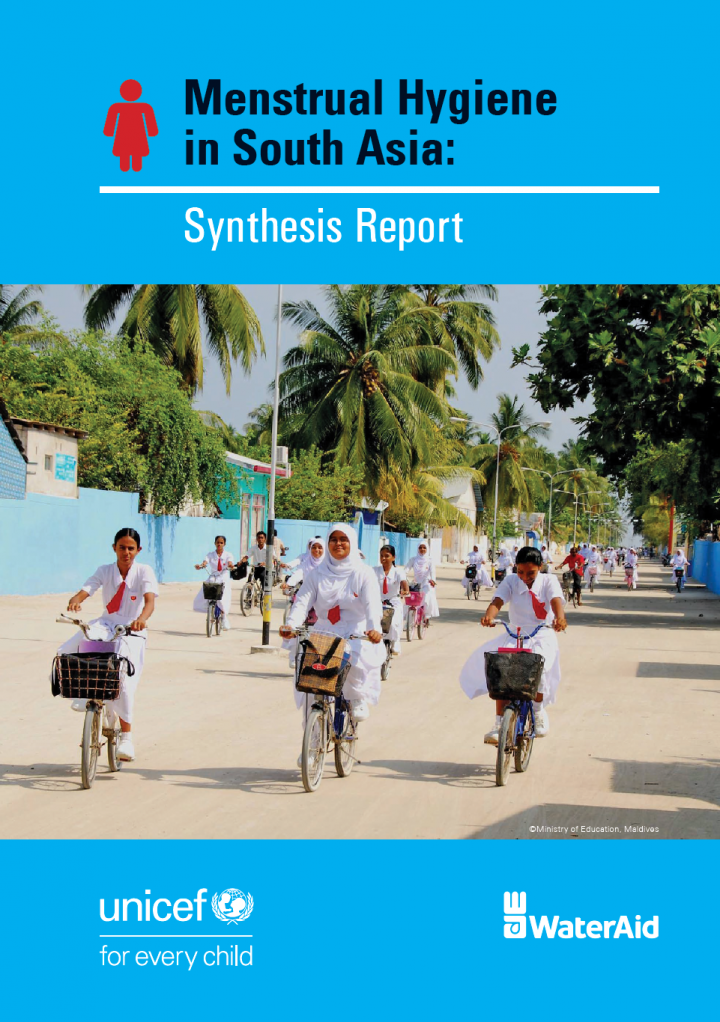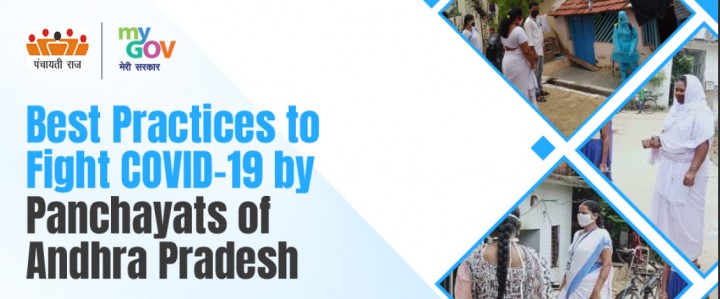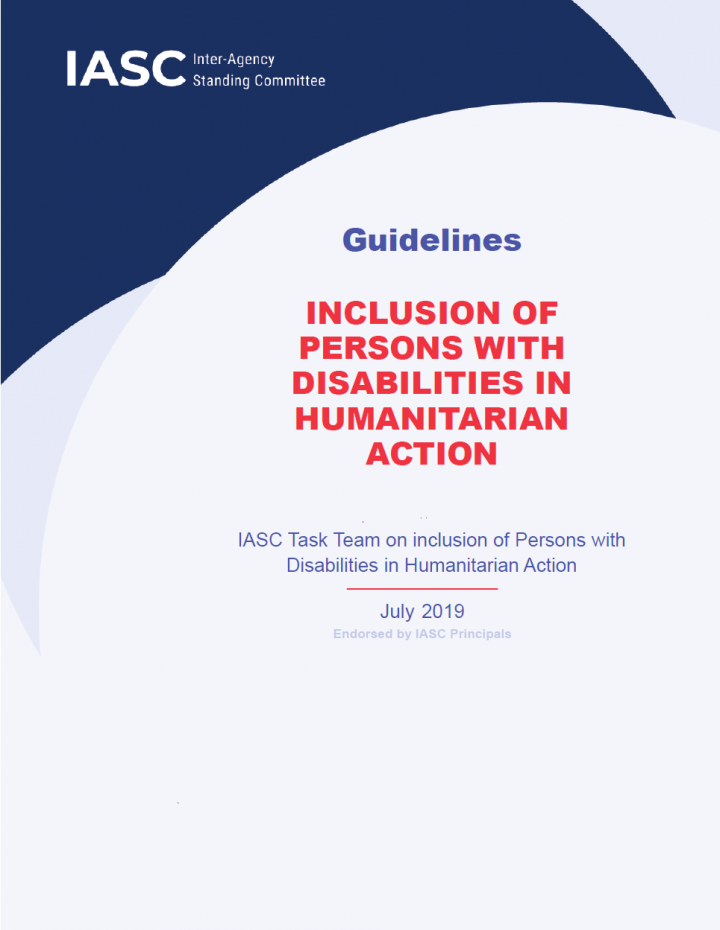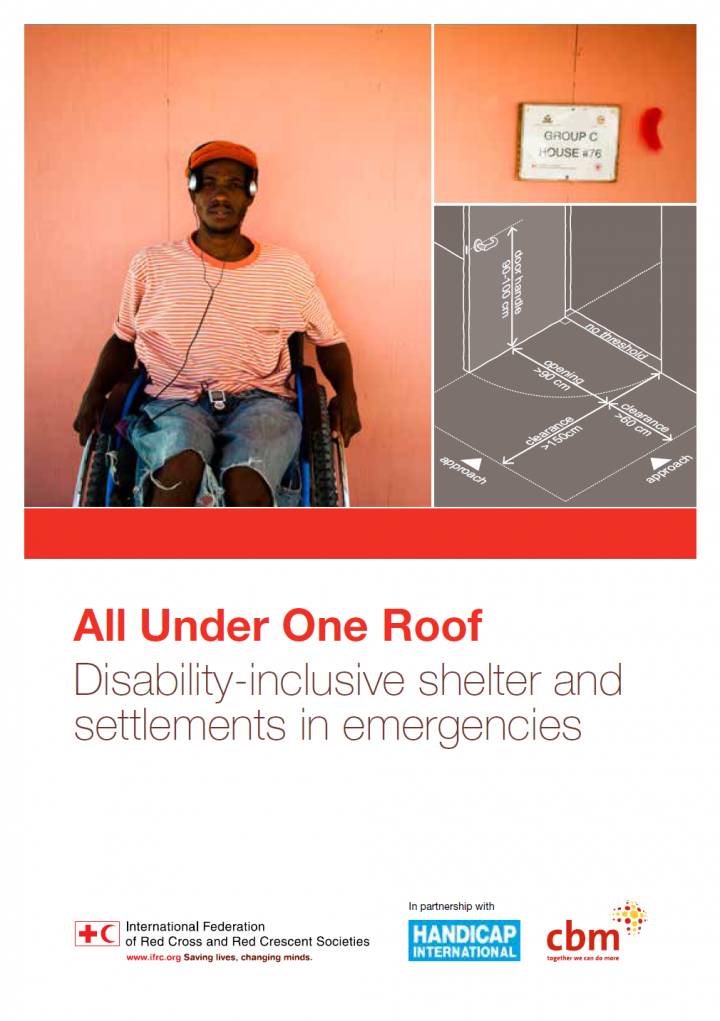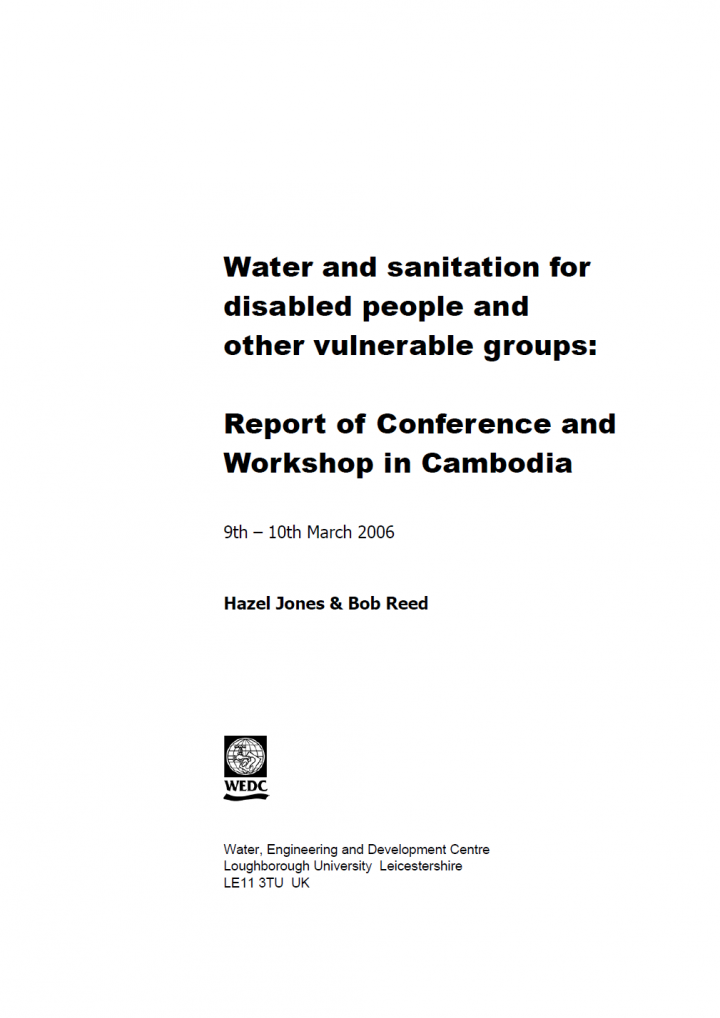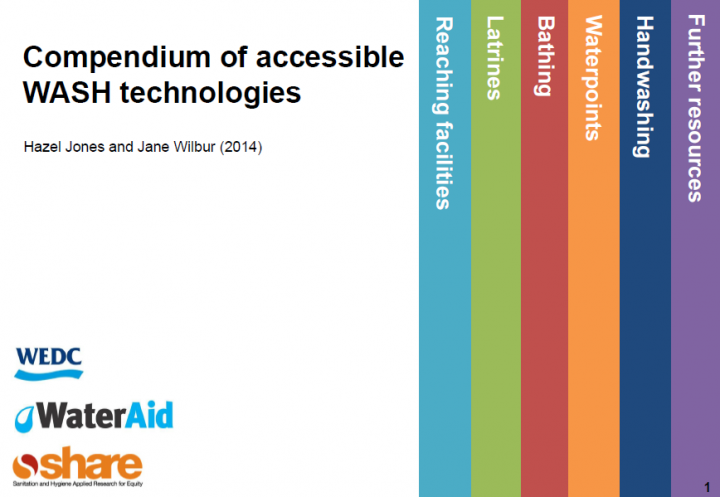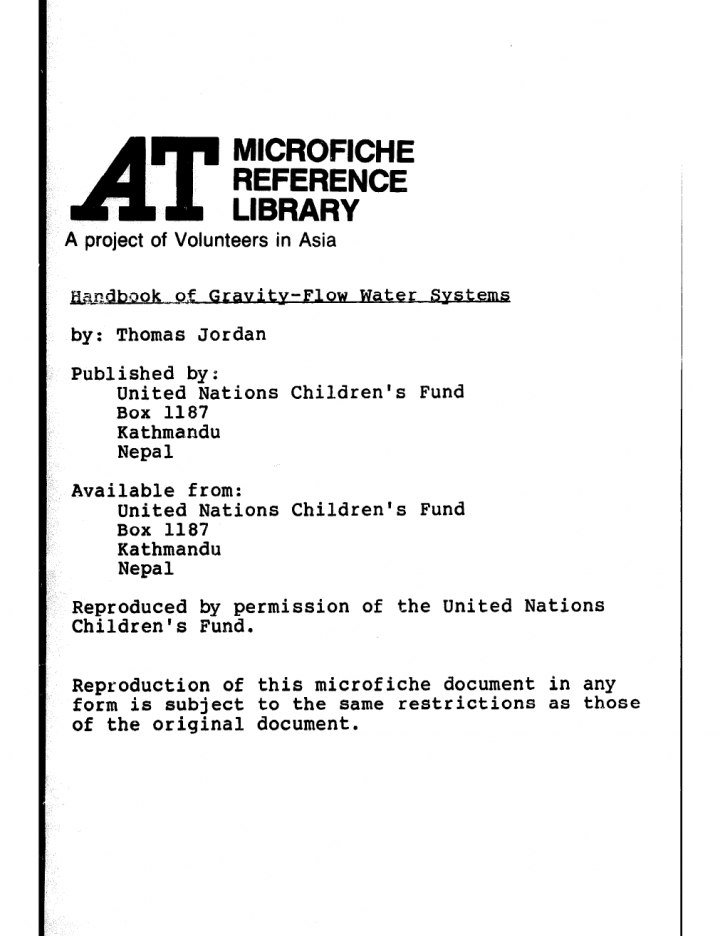Searching for information on Sanitation Workers?
The Sanitation Workers Knowledge + Learning Hub is the best source for all current news, trends, articles and updates on sanitation workers rights around the world.
In Bangladesh, the most commonly used sanitation options such as pit-latrines and pour-flush latrine use pits or septic tanks for containing faecal sludge (FS) for a certain period of time which require regular emptying when the tanks or pits become full. This emptying and disposing of faecal sludge is usually performed in a traditional (manual) way by a certain group of people in the society …
The main objective of this baseline study was to understand the current situation of faecal sludge management (FSM) and practices of residential premises in three cities in southern Bangladesh: Khulna, Kushtia and Jhenaidah. A second objective was to establish a benchmark for the FSM programme.
The baseline consists of two parts:
1) A quantitative part measuring access to sanitation, hygiene …
Pabna is a fast-growing city, which is 153 km away from the Dhaka city. It is beside the Isamoti River and well connected with road, water, and railways. It is one of the oldest towns in the sub-continent and was declared Municipality in 1876. Pabna is one of the 53 district level Municipalities in the country.
According to the population census in 2011 by the Bangladesh Bureau of Statistics …
Every day, millions of women and girls have to manage their menstruation, an entirely natural physiological process, yet one that often remains considered too ‘private’ to discuss, let alone manage confidently. Menstrual stigma remains entrenched in societies the world over, but the lack of adequate hygiene facilities and safe menstrual products is particularly acute in many developing …
This sanitation roadmap was developed to address a gap in available guidance, tools, and case studies specifically focused on sanitation services. In this document, you will find a description of the scope and main differences between water and sanitation services; a step-by-step process for developing a WASH district roadmap focusing on sanitation service delivery; examples of some Agenda for …
The COVID-19 pandemic has affected women more than men in several ways, according to studies. They have had to take care of patients while coping with lock-downs that have restricted access to daily necessities and basic services, including water, sanitation and hygiene. At the same time, however, women have shown great strength and leader-ship in managing the uncertainties and challenges …
This field note provides an overview of the WASH and health financing project that is being implemented in the state of Maharashtra, India – The Ecosystem Approach. The project integrates WASH behaviour change communication (BCC) with rural household microlending programs to drive household water and sanitation access through loans. This initiative aims to establish open defecation free (ODF) …
Market based programming is increasingly heralded as having a critical place in the future of humanitarian programming. The proposed benefits of working through existing market systems include improvements to speed, efficiency and effectiveness of programming and increased beneficiary dignity and choice. Advocates for market based approaches claim that, where feasible, they promote economic …
This handbook focuses on the requirements of the implementer. It aims to provide a concise resource for approaching and handling geogenic contamination (primarily arsenic and fluoride) in groundwater used for drinking and cooking purposes. It providesinformation on water quality testing, different treatment options and practical guidelines, including draft questionnaires, on the integration of …
The purpose of this book is to increase the effectiveness of relief works in providing humanitarian assistance during an emergency. To achieve this purpose, the book provides practical information relevant to the field workers, with a minimum of supporting theoretical background. The book does not aim to set out specific policy guidelines relating to humanitarian assistance- each agency will have …
The Menstrual Hygiene in Schools in South Asia - Country Snapshots from UNICEF and WaterAid is divided into an 2018-2020 update including Key Observations, a country specific WASH in Schools (WinS) overview, a country specific MH Overview as well as the MH Journey in the countries Afghanistan, Bangladesh, Bhutan, India, Maldives, Nepal, Pakistan and Sri Lanka.
Clean water provision is a critical component of emergency response, and chlorination is widely used in emergencies to treat water. To provide responders with practical, evidencebased recommendations for implementing chlorination programmes and recommend areas for future research, we conducted a literature review of chlorination in emergencies, supplemented with a literature review on …
This report provides a summary of the status of menstrual hygiene (MH) in schools in South Asia. It describes the context for MH in schools and progress in the implementation of MH services since 2018. It identifies progress and gaps in achieving sustainable and inclusive MH services in schools at scale. It draws together opportunities for further promoting and mainstreaming MH in schools in …
The guidelines set out essential actions that humanitarian actors must take in order to effectively identify and respond to the needs and rights of persons with disabilities who are most at risk of being left behind in humanitarian settings.
The recommended actions in each chapter place persons with disabilities at the centre of humanitarian action, both as actors and as members of affected …
Persons with disabilities often experience discrimination and exclusion, despite the adoption of an increasingly rights-based approach to humanitarian assistance. The past three decades have witnessed a growing awareness of disability issues and the emergence and spread of disabled people’s organisations.
The growing awareness must be accompanied by practical measures to identify and reduce …
The one day Conference held on 9th March 2006 was entitled “Water and sanitation for disabled people and other vulnerable groups: improving access and inclusion.”
The purpose of the conference was to introduce the issues and problems of accessing and using WATSAN services and facilities for disabled people and other vulnerable groups, including solutions and examples of good practice for …
This compendium presents low-cost technologies to improve the accessibility of household water, sanitation and hygiene (WASH) facilities. It is designed for use by people working directly with communities in rural areas of Sub-Saharan Africa, including health workers and community volunteers.
Most of the ideas are designed to ensure access for disabled and older people, but are suitable for …

